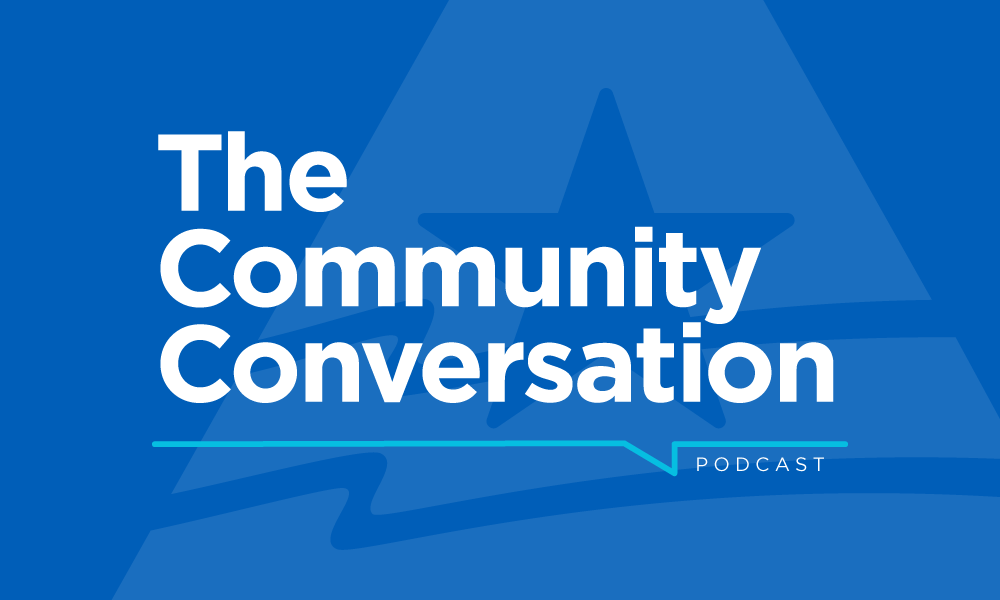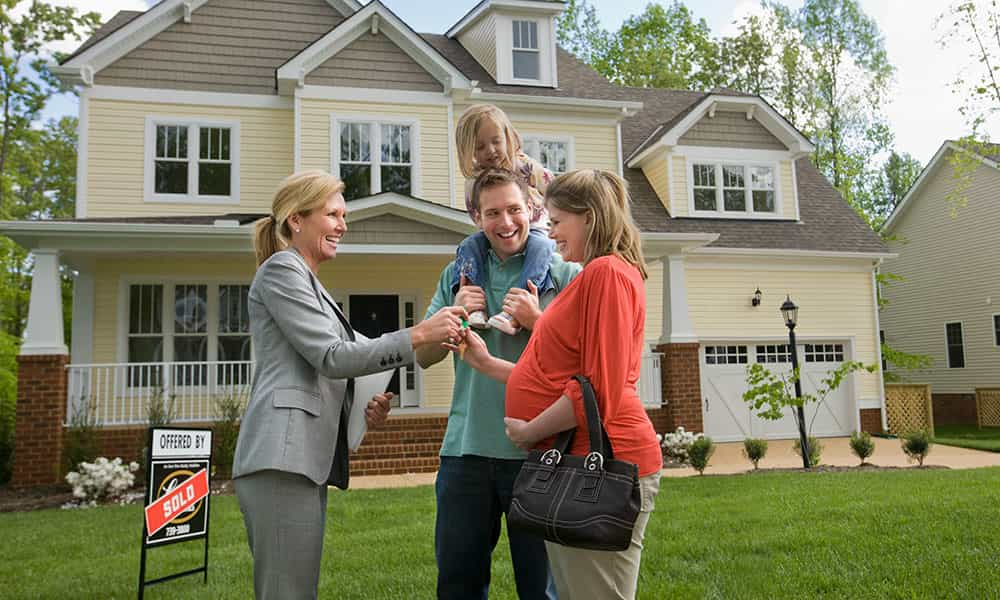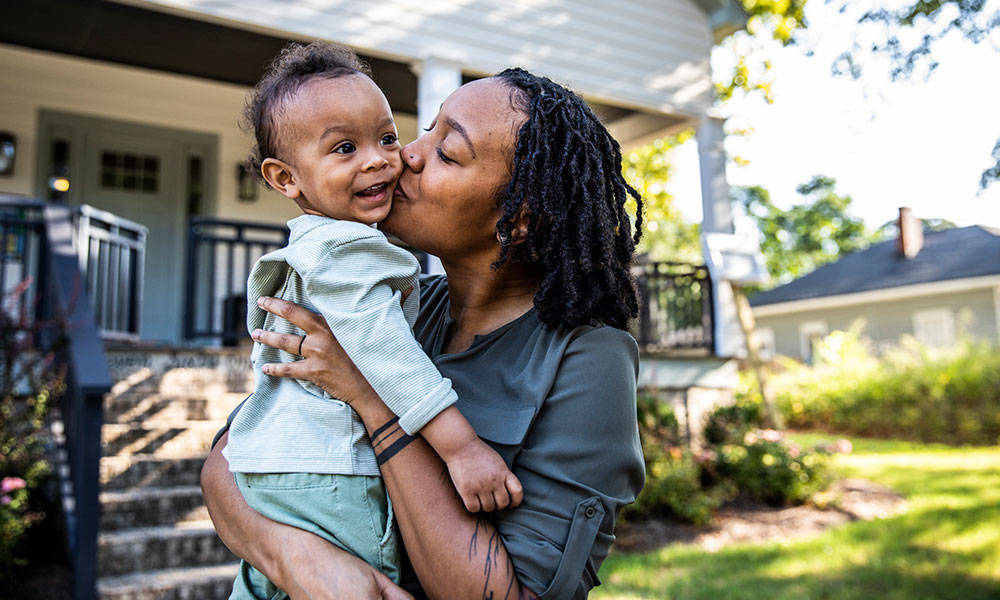Building or Buying: How to Decide Which is Best for You
Deciding which path is right for you will depend on what your personal and financial priorities are in your next home. Whether you're guided more by budget, timeline or getting exactly what you want in a home, it’s important to compare the pros and cons of building vs buying a house and make the decision that best meets your budget and family’s needs.
Here are some things to consider when comparing your options.
Building a Home
There’s no doubt about it – building a home is exciting. You’re the only person who’s lived in the home. It’s fresh, clean, and made just for you.
You get to customize your home from the ground up. You’ll pick everything: floor plan, wall colors, trim, even the knobs on the kitchen cabinets have your seal of approval. Home builders include warranties that cover workmanship or mechanical issues. And since everything is new and energy efficient, you can expect lower maintenance and utility costs.
For many homeowners, the chance to build a custom home seems too good to pass up. However, you have much more to consider when building a home. First, building a home is usually more expensive. Not only do you pay the cost of the home’s construction, but you’ll have to buy the land and plan for expenses not included in the builder’s price. For example, fencing, landscaping or irrigation systems may not be included in the construction cost.
Additionally, construction loans generally require you to have better credit and more cash reserves. Some building loans require a minimum 10% down payment. And, if you want to stay in your existing home during the construction of your new home, you must be able to pay both your current monthly mortgage and the construction loan. There are some lenders, including CommunityAmerica, that offer a Construction-to-Permanent loan that combines the construction loan with the mortgage with only one closing, helping to alleviate any stress with multiple loans.
Other things to think about when building a new house:
- If you’re on a tight schedule, building may not be the right choice. The process can take months – possibly years – depending on variables like weather, supplier delays, and labor shortages.
- You can’t predict what will happen to the surrounding land. You may end up with a row of new homes blocking the view you loved.
- Neighborhoods with space for new homes tend to be located away from commercial centers, meaning you must drive farther for work, shopping, or entertainment.
- New developments often lack mature trees and an established neighborhood feel.
Buying a Resale Home
Purchasing an existing home comes with distinct advantages. First, you can start shopping for houses as soon as you’re preapproved for a mortgage. When you find a house you love, you can make an offer immediately. It may take a few weeks to close the deal, but buying a home is usually much quicker than building.
Once you and the seller agree to a sale price, you’ll know the exact cost of the home. You can negotiate with the seller to make repairs identified in the home inspection. You can also ask the seller to include a home warranty that covers unforeseen problems with appliances or mechanical systems.
On the other hand, what you see is what you get. If the home’s layout doesn’t work for your family, you may need to remodel. If you prefer different fixtures or colors, it’s up to you to change them.
Older homes may not be as energy efficient, depending on the age of the windows, appliances, and HVAC system. Resale homes may also include hazardous materials like radon, asbestos, or lead paint that require mitigation, and some aspects may not be up to current building codes.
Other things to consider when purchasing an existing home:
- You can expect mature landscaping in established neighborhoods that are usually closer to city services and amenities.
- This option may be better for first-time home buyers or those with limited savings for a down payment.
- With a resale home, you may be able to get more house for your money since you don’t have to factor in extra costs such as an irrigation system or landscaping in the purchase price. You’re likely to pay more per square foot for a new home than an existing home.
- In a seller’s market with limited inventory, shopping for existing homes can become stressful and you may have limited options.
Regardless of your choice, financing a new home requires the right partner. CommunityAmerica Credit Union can guide you through the homebuilding or homebuying process and help you decide which is right for you. To apply for prequalification for a mortgage, visit CommunityAmerica.com/Mortgages.
To find out more about construction loans, give us a call at 913.905.3799 or schedule an appointment with a Mortgage Advisor today.
All loans subject to approval.









